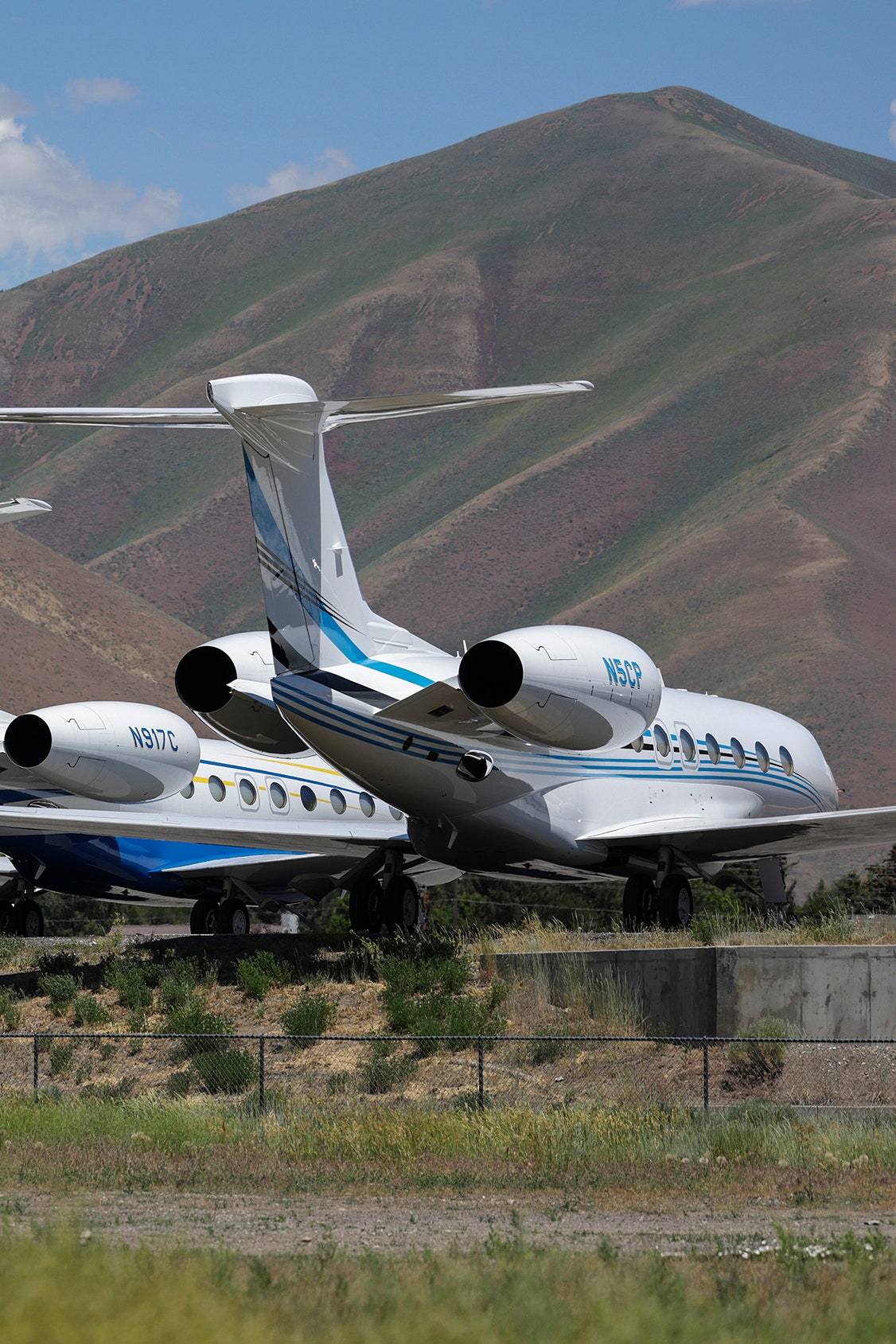The New Gwadar International Airport, Pakistan’s newest and priciest airport, stands as a monumental yet puzzling project. Funded entirely by China at a staggering $240 million, the airport has faced an uncertain timeline for opening amid a backdrop of unrest and underdevelopment in its surrounding region.
A Modern Marvel in a Struggling Region

Nestled in the coastal city of Gwadar, which is located in the impoverished and restive province of Balochistan, the airport was completed in October 2024. Despite its gleaming infrastructure, the airport starkly contrasts with the current realities of life in Gwadar and its surrounding areas. The city, home to about 90,000 residents, remains disconnected from the national electricity grid, relying on limited supplies from neighboring Iran and solar power. Furthermore, clean drinking water is scarce, raising questions about the need for an airport capable of handling 400,000 passengers annually.
Azeem Khalid, an expert in international relations focusing on Pakistan-China ties, argues that the airport primarily serves Chinese interests rather than local needs. “This airport is not for Pakistan or Gwadar,” he stated. “It is for China, so they can have secure access for their citizens to Gwadar and Balochistan.”
Economic Ambitions and Local Discontent

The New Gwadar International Airport is part of the expansive China-Pakistan Economic Corridor (CPEC), a multi-billion-dollar initiative initiated over a decade ago aimed at connecting China’s Xinjiang province with the Arabian Sea. While officials have hailed CPEC as a transformative project, empirical evidence of its benefits to the local populace remains elusive. Many locals feel neglected, and allegations of discrimination against the ethnic Baloch minority point to systemic issues. Residents claim they are being deprived of opportunities that others across Pakistan enjoy, a charge the government flatly denies.
Amid rising tensions, Pakistani authorities have intensified military presence in Gwadar to safeguard Chinese investments. The city is now heavily fortified with checkpoints, watchtowers, and armed troops, creating a climate of anxiety and mistrust among residents. Restrictions on movement have become commonplace, with roads often closed to facilitate the travel of Chinese workers and high-ranking Pakistani officials. Journalists attempting to cover the situation face surveillance and restrictions on their activities, particularly in sensitive areas like the local fish market.
76-year-old Khuda Bakhsh Hashim, a lifelong resident of Gwadar, lamented the drastic changes in his community. “Nobody used to ask where we are going, what we are doing, and what your name is,” he said. “Now we are subjected to identity checks. We are residents. Those who ask should identify themselves.”
A Troubling History

Hashim reminisces about a time when Gwadar was a thriving port town under Omani rule, bustling with trade and resources. He recalls how basic needs like food and clean water were once plentiful. However, he notes that years of drought and unchecked resource exploitation have severely depleted the area’s natural assets. Current estimates suggest that while the government claims CPEC has created around 2,000 local jobs, it remains unclear if these positions are actually filled by Baloch residents or individuals from elsewhere in Pakistan.
Despite its humble charm, Gwadar suffers from a reputation for danger, which discourages potential visitors. The only commercial flight operates three times a week to Karachi, with no direct routes to Quetta, the provincial capital, or Islamabad, the national capital. Locals report that since the onset of the Baloch insurgency decades ago, thousands have gone missing. Anyone who opposes perceived exploitation risks suspicion of having links to militant groups.
Activists highlight ongoing concerns regarding forced disappearances and torture, but the Pakistani government vehemently denies these accusations. Hashim expresses hope for CPEC’s success, believing it could offer opportunities for young people in the area. “When someone has something to eat, then why would he choose to go on the wrong path?” he remarked.
Resurgence of Violence
Militant violence had seen a decline in Balochistan following a government counterinsurgency operation in 2014; however, activity surged again after 2021, with attacks rising steadily. Groups like the outlawed Baloch Liberation Army appear emboldened, particularly following the resumption of hostilities between the Pakistani Taliban and the government in late 2022.
Security concerns have hindered the inauguration of the New Gwadar International Airport, especially fears that nearby mountains could serve as launch points for terrorist attacks. Instead of a public ceremony, Pakistani Prime Minister Shehbaz Sharif and Chinese counterpart Li Qiang hosted a virtual unveiling. Media and public access were restricted during the inaugural flight, further fueling local suspicions.
Abdul Ghafoor Hoth, the district president of the Balochistan Awami Party, voiced frustration over employment opportunities linked to the airport. “Not a single resident of Gwadar was hired to work at the airport, not even as a watchman,” he said. His protests over living conditions in Gwadar garnered attention for 47 days, leading to government promises for better access to electricity and water—pledges that remain unfulfilled.
The Disconnect Between Investment and Local Needs
The lack of local labor involved in the airport project has raised concerns about the economic benefits of CPEC. Without a workforce comprised of local residents, the fundamental premise of trickle-down economics falters. Khalid argues that as Chinese investment flows into Gwadar, it has brought along a heavy-handed security apparatus that deepens divisions and fosters distrust within the community. “The Pakistani government is not willing to give anything to the Baloch people, and the Baloch are not willing to take anything from the government,” he stated.
In summary, the New Gwadar International Airport, financed by China and built to bolster regional connectivity, faces significant challenges tied to local dissatisfaction and complex socio-political dynamics in Balochistan.


